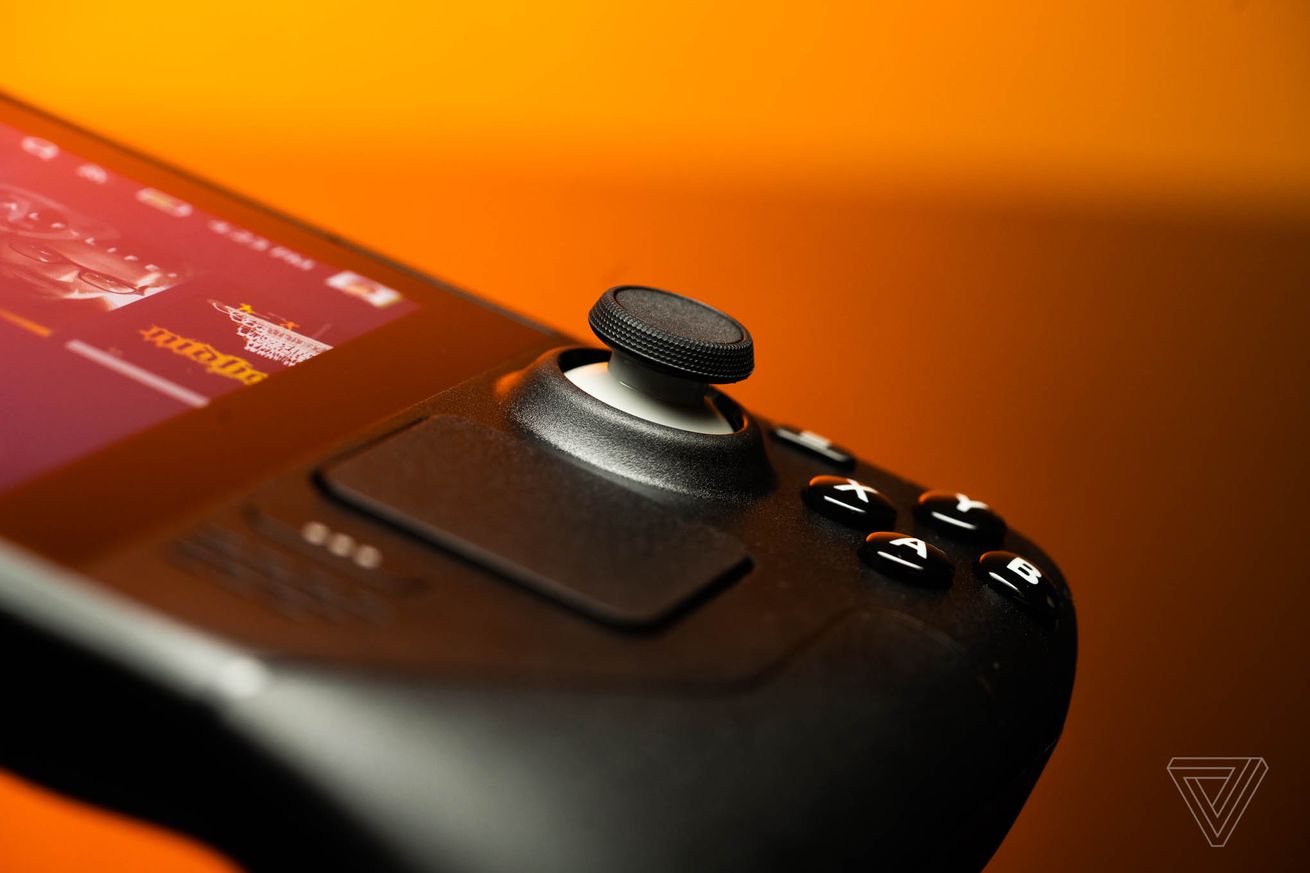
Valve just got sued by Immersion over Steam Deck and Index rumble
Consider it a rite of passage: Valve has finally become successful enough at building gaming hardware that it’s getting sued by Immersion Corporation.
Immersion — the haptic feedback company that’s purchased, developed, or otherwise accumulated so many patents on rumble tech that almost every major tech company has licensed or settled out of court — is now accusing Valve of infringing its patents with the Steam Deck handheld, the Valve Index VR platform, its SteamVR software, and Half-Life: Alyx among other titles. There’s no mention of Valve’s long-gone Steam Controller, which also used lots of haptic feedback.
Immersion is asking for damages, royalties, and an injunction against Valve “from deploying, operating, maintaining, testing, and using the Accused Handheld Instrumentalities and Accused VR Instrumentalities”.
The company filed its complaint Monday in federal court, specifically the Western District of Washington, citing patents 7,336,260, 8,749,507, 9,430,042, 9,116,546, 10,627,907, 10,665,067, and 11,175,738.
Things that are certain: death, taxes, an Immersion lawsuit if you use rumble
Sony and Microsoft both license Immersion’s patent portfolio, following lawsuits and settlements. Apple, Google, Motorola and Fitbit settled as well. Meta is currently in the middle of its own Immersion lawsuit, filed a year ago. Nintendo seemingly escaped a suit, perhaps due to its own development of Rumble Pak tech for the Nintendo 64, but it also licenses Immersion tech now.
While you might be tempted to point out that Valve’s hardware uses a different form of rumble than the ones that Sony and co. got sued for back in the day — linear resonant actuators (LRA), rather than an eccentrically swinging weight on a shaft — that didn’t stop Nintendo from signing an agreement with Immersion to bring its technology to the Switch, which uses LRAs as well. So does Sony’s DualSense, for that matter.
And if you look at the individual patents I link above, they’re much more nuanced than hardware. I would be surprised if Valve doesn’t settle.
Valve didn’t immediately respond to a request for comment. The Steam Deck once again topped the Steam Weekly Top Sellers (by revenue) this past week; while we don’t know sales numbers, it’s safe to say the handheld has sold well over a million units. Valve is looking at an eventual successor, too, and reportedly has a successor headset codename “Deckard.”

